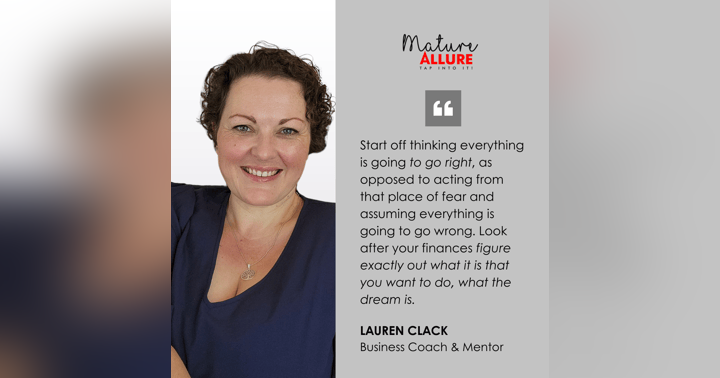Understanding the Impact of Anger on Women in Midlife

In the complex landscape of midlife, women often navigate a multitude of challenges – from juggling familial responsibilities to managing professional pursuits. In the midst of this whirlwind, the emotion of anger can surface, impacting both mental and physical well-being.
The effects of anger on the body can be particularly pronounced for women, especially in midlife. Physiologically, sustained anger triggers a cascade of responses within the body. Elevated levels of stress hormones, such as cortisol, can contribute to increased blood pressure, weakened immune function, and disrupted sleep patterns. For women experiencing hormonal fluctuations during this stage of life, the intersection of anger and hormonal changes can exacerbate these physical manifestations.
Moreover, the psychological toll of anger can be substantial. Chronic anger can lead to heightened feelings of anxiety, depression, and even contribute to cardiovascular issues. In midlife, when women are already grappling with societal expectations and personal transitions, the impact of anger can further exacerbate these challenges.
Recognizing the signs of escalating anger is crucial in mitigating its effects. Learning to identify triggers, whether they stem from external stressors or internal pressures, empowers individuals to intervene before anger intensifies. Simple yet effective strategies like deep breathing exercises, mindfulness techniques, or engaging in physical activity can serve as immediate interventions to halt the progression of anger.
Should anger escalate despite preventive measures, employing coping mechanisms becomes essential. Cultivating a support network of trusted confidants or seeking professional guidance through therapy or counseling can provide invaluable tools for managing anger. Additionally, specialized anger management programs tailored for midlife women offer structured approaches to address underlying issues and develop healthy coping strategies.
Practices such as cognitive-behavioral therapy (CBT), which focuses on identifying and altering negative thought patterns, have shown promise in managing anger. Mind-body practices like yoga or meditation can also aid in regulating emotions and fostering a sense of calm.
For those seeking further resources, reputable organizations like the American Psychological Association (APA) or the National Association of Cognitive-Behavioral Therapists (NACBT) offer information and directories to locate qualified professionals specializing in anger management.
In essence, acknowledging the impact of anger on the body during midlife is pivotal. By cultivating awareness, employing preventive strategies, and accessing professional resources when needed, women can navigate this complex emotion and safeguard their well-being during this transformative phase of life.









